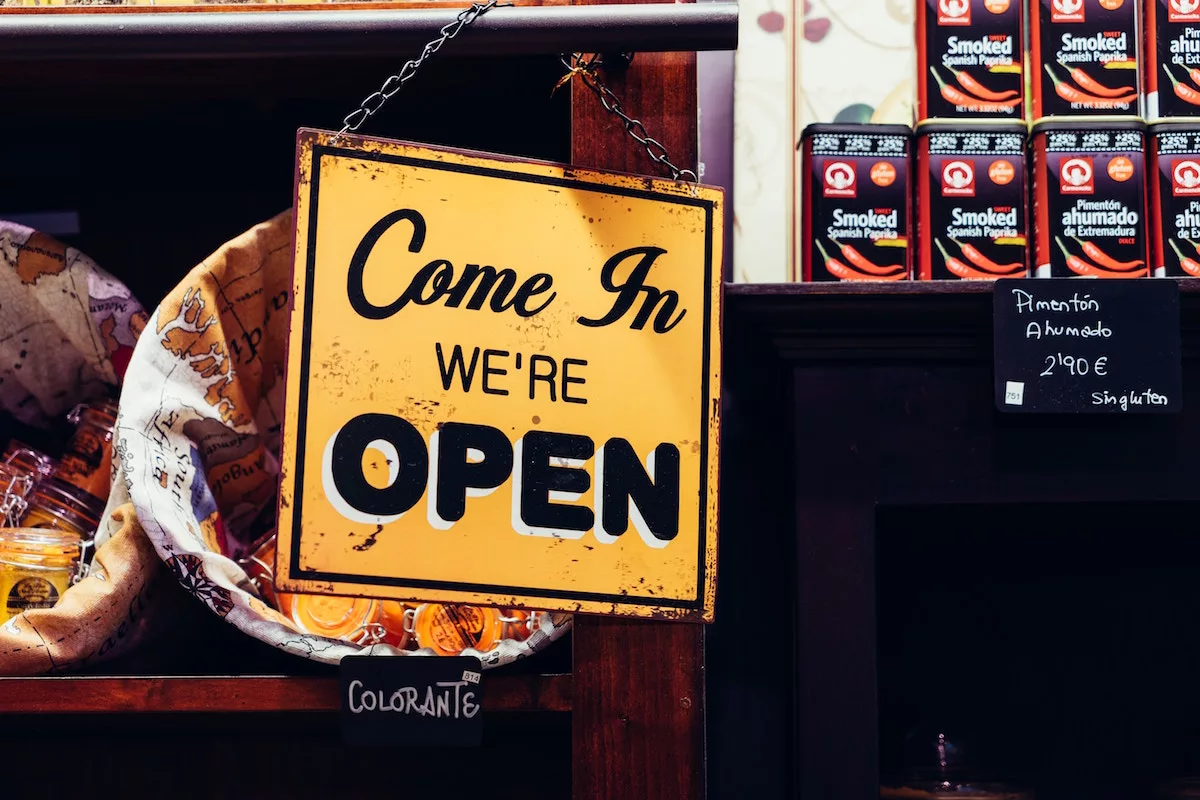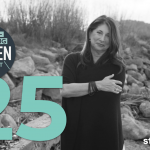Amazon’s recent purchase of Whole Foods sure got people talking. It was partly the price tag, but it was also the realization that even the biggest, most iconic conscious companies can be bought and sold.
The news broke not long after founder John Mackey had proclaimed, “These people, they just want to sell Whole Foods Market and make hundreds of millions of dollars, and they have to know that I’m going to resist that. That’s my baby.”
That sentiment is relatable for most social entrepreneurs. Our businesses are so much more than profits — meaning a sale is much more than the price tag. We really, truly care about making a difference, so how do we hand over a business that we believe is doing that?
It’s complicated. If you’re contemplating a change in ownership, in the near future or down the road, you might ask yourself these three questions to get clear on your willingness to sell.
1. Will the new owners be able to do more for the cause than I can?
Most of us are tending companies much smaller than Whole Foods. And the allure of vast resources — the money, people, and reach of a global corporation and what that could mean for your mission — is hard to ignore. Do you stay small and pure, or do you compromise and make — potentially — a much bigger impact?
It’s a question that’s often on the minds of the organic food brands my mission-driven marketing agency serves. And it’s one I wrestled with as I contemplated my stake in Urban Organics.
Three partners and I built this company — a commercial aquaponics farm inside an old brewery in St. Paul — into something I think is revolutionary. In developing the business, we enlisted the help of Pentair, a Fortune 500 powerhouse specializing in filtration, to design the first-of-its-kind system. The water aspect of Urban Organics — it uses just 2 percent of the water used in traditional agriculture — was a logical fit for Pentair. And the company wanted to take the idea further by opening satellite aquaponics farms across the country and eventually around the world.
I knew without a doubt that the Pentair team could do more than our small group ever could. They absolutely have the resources. So we handed it over. And Pentair swiftly got to work on the second aquaponics facility, one of the world’s largest, which opened this summer.

2. Do these people care enough to be stewards of this company?
No one’s gonna love your baby as much as you. But they have to care.
I’m a hippie, so I use words like “soul connection” to talk about the mindset and the values of a potential buyer. Are these people authentic? Passionate? Are they kindred spirits? Sure, they see dollar signs, but do they actually care about the company’s mission?
When I realized I needed to find new stewards for the US Pond Hockey Championships — something I founded in 2006 as a genuine labor of love — I knew I couldn’t let it go to just anybody. I spent a year trying to find the right group. I wanted people who understood that this event is about the purity of the game. It’s about community and the great outdoors. It’s about being a kid again. The vetting process took forever, but it paid off. The event is thriving, and the new owners have done me proud.
Sometimes it works; sometimes it doesn’t. On the positive side, I think about Neil Grimmer, the founder of Plum Organics, which he sold to Campbell’s Soup in 2013. He asked his new owners to green-light a status change to a certified B Corporation. They went for it, even though the designation came with more risks, scrutiny, and responsibility.
On the other hand, there’s Kashi, which was relatively small when Kellogg bought it in 2000. After an initial hands-off approach, Kellogg reduced Kashi’s autonomy and relaxed the brand’s ingredient standards. Kashi consumers weren’t happy, and the brand has struggled.
The truth is: All the vetting in the world won’t guarantee the protection of the mission. But some folks are getting smart about writing it into the contract.
Maybe you’ve heard the story of Judy Wicks, the founder of the White Dog Café chains, who sold her business with the following stipulation: Judy owns the brand, and licenses it to the new owner under the condition that key aspects of the company’s social mission and environmental policies are faithfully maintained.
3. Will I regret selling this business? Is this cause part of the legacy I want to leave?
“That’s my baby. I’m going to protect my kid, and they’ve got to knock Daddy out if they want to take it over.” That was John Mackey shortly before Amazon bought his “baby.” Clearly, there’s an emotional component at work.
That’s because social entrepreneurs are, I’d argue, more personally invested in their businesses. Our conscious companies are an expression of ourselves and what we care about. They are part of our identity. So as you think about your willingness to sell, ask yourself if you can take the emotional toll.
I’ve been there. It can be excruciating. But here’s the thing about entrepreneurs: You’re inventors. You are all about inventing, exploring new ideas, and creating the next big thing. Even if you let go of one creation, by choice or by forces beyond your control, take heart: You’ve built before, and you’ll build again.
Building to Last
A lot of entrepreneurs build to sell. But there’s a growing movement, especially among conscious companies, toward the alternative: building to last. And I love it, because it’s a whole different mindset. If you set out to build something that’s yours forever, you naturally plan differently. You think harder about a sustainable future. You make different choices — ones that reflect a deeper investment in your mission and your people.
“Evergreen” businesses — which is how Tugboat Institute founder Dave Whorton describes it — are worthy of a certain authenticity that draws people — consumers! — to them, which in turn gives the brand a loyal following (and, yes, that is awfully attractive to investors if you need capital down the road).
And then there’s the pride. It’s hard to beat the deep, personal satisfaction that comes from shepherding your creation from humble beginnings to something enduring that, we all hope, makes a difference in the world.




